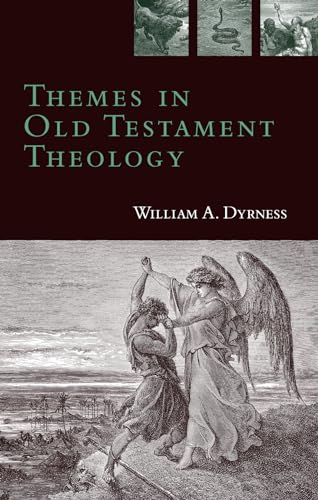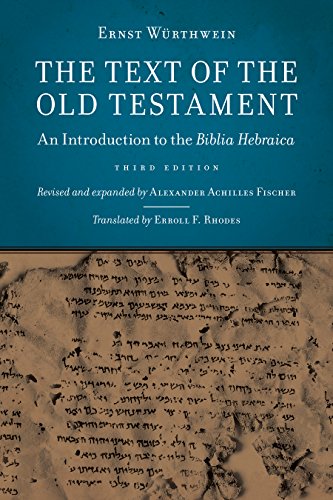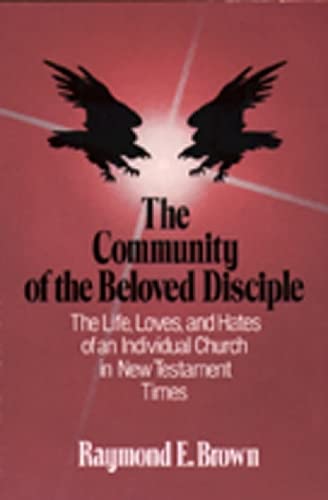Historical Theology: an Introduction
Written by Geoffrey W. Bromiley (ed. and trans.) Reviewed By David F. WrightGeoffrey Bromiley’s labours as a translator extend from Zwingli and Bullinger through Barth and Kittel to Thielicke. He has already put the world of English-reading theology immeasurably in his debt, and there is no doubt more to come. Works of his own construction have naturally been less plentiful, so that this introduction to historical theology is approached with keen anticipation. It is in effect a guide to the writings of selected Christian theologians over nineteen centuries. For the most part it focusses on theological writers rather than creeds and confessions or movements of theological thought, although the former invariably to some extent represent and illumine the latter.
The writings Professor Bromiley comments on are for much of the story those translated in the volumes of the Library of Christian Classics, which seems thereby to have exercised a considerable influence on those selected for discussion. Thus Origen’s Prayer is analysed, but not his First Principles.
The framework is broadly but not slavishly chronological. Ignatius is treated under ‘Apostolic Fathers’ (along with II Clement but no others) and then reappears with Cyprian and Augustine in a chapter provocatively entitled ‘Early Ecumenists’, while Augustine is discussed later with Hilary as a theologian of the Trinity and again separately for his Enchiridion and The Spirit and the Letter. More puzzling is the inclusion of a brief treatment of Word and sacrament in Chrysostom and a briefer one on doctrine and ministry in Jerome.
The Middle Ages are represented by the ninth-century eucharistic and predestinarian controversialists, Ratramnus, Gottschalk and others, and by Anselm, Abelard, Lombard and Aquinas. Eastern Orthodoxy features only in John of Damascus. As one would expect the Protestant Reformers including Radicals/Anabaptists are generously handled, but not Catholic/Counter Reform except for a page on Trent on the eucharist.
A third of the book is devoted to post-Reformation theologians. The twentieth century after Harnack and Hermann is confined to Barth and Thielicke. The earlier phases of theological liberalism are represented by Lessing, Herder, Kant and Shleiermacher, and prior to this we encounter Puritan (Ames), Lutheran (Quenstedt), Reformed (Wollebius) and Wesleyan (John) theologians.
Professor Bromiley is well aware that his selection of theologians will not please everyone and that ‘the whole work might easily be written again with a different set of theologians or even with different works, or portions of works, from the same theologians.… Who ever heard of a history of theology [? see below] that included no Scots, Baptists, or Roman Catholics, only a couple of Americans (rather obscure ones, at that) and fewer modern Anglicans than heretics?’ (p. 451). Who indeed?!
The explanation for Bromiley’s selectiveness lies in the purpose of the book, which is strictly introductory.‘The work is composed for beginners, for inquirers, for those who know nothing or very little of the history of theology’ (pp. xxi–xxii). To this end the work has no notes and no bibliography apart from a list of the works he has commented on in the body of the volume. There are indexes of names and scriptural references but not subjects. The omission of scholarly apparatus is geared to the author’s aim, which is to stimulate readers to study the theologians themselves. Bromiley’s chief service is to conduct the student to particular theologians and particular works, and shape his or her study of them by highlighting and summarizing. He does not set out to do the student’s job for him. And in the light of this objective the author has chosen a few theologians and only one or two works of each, so that, unencumbered by the paraphernalia of erudition or speculative systematics, they may speak for themselves as living teachers. ‘An introduction does not call for the author’s own intrusive thoughts or concerns’ (p. 451).
Allied to this approach is Professor Bromiley’s understanding of the task of historical theology, which he regards more as theology than as history, and different from the history of Christian thought and even, despite his occasional uses of the phrase, as twice quoted above, from the history of theology. Historical theology is predominantly a discipline of the church, of the seminary rather than the university. ‘It fills the gap between the time of God’s Word and the present time of the church’s word by studying the church’s word in the intervening periods’ (p. xxvi). And it does so in order to guide and inspire the contemporary church by testing the conformity of such words of the church to God’s Word. Such a definition raises questions for the discipline itself e.g., in view of the overlap with ‘historical philosophy’. Bromiley sees historical theologians who do not belong to the church or ‘accept God’s Word as fact’ as nevertheless engaged on the church’s business. It is strange to find this stress on the church in a volume which takes little or nothing to do with creeds and confessions, i.e., church dogma.
Furthermore, the requirement that historical theology test the spirits seems to conflict with Bromiley’s requirement for an introduction, that theologians be introduced ‘without note or comment’ as the Bible Societies put it. In fact Bromiley generally provides some evaluation or raises some critical questions of his writers, although sixteenth-century theologians of all hues are largely exempt from such evaluation. The author’s assessments are advanced more tentatively than dogmatically, but they more than once, e.g., on the doctrine of Scripture in Protestant Orthodoxy, point the way to a needed corrective of common assumptions.
Bromiley is skilled at the judicious summary, although I sometimes, e.g., on Aquinas, felt that compression jeopardized clarity for a beginner. I noticed only one or two slips, such as a reference to a barely identifiable work of Augustine’s (p. 65). The early date for Athanasius’s De incarnatione and Contra gentes is adhered to, although now widely abandoned. But a student who works his way through this selection of theologians, as Professor Bromiley intends him to do, will find him a reliable, sensitive and never over powering guide.
David F. Wright
David Wright is the Professor of Patristic and Reformed Christianity at New College, Edinburgh University. Amongst his specialist areas for teaching and research are infant baptism, Augustine and the Reformation.







